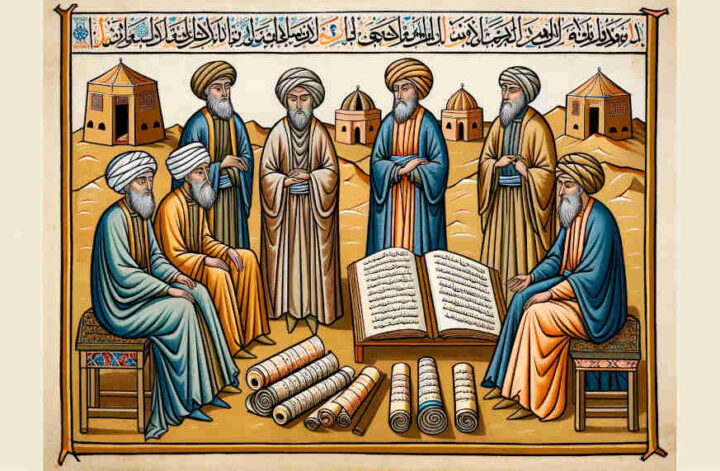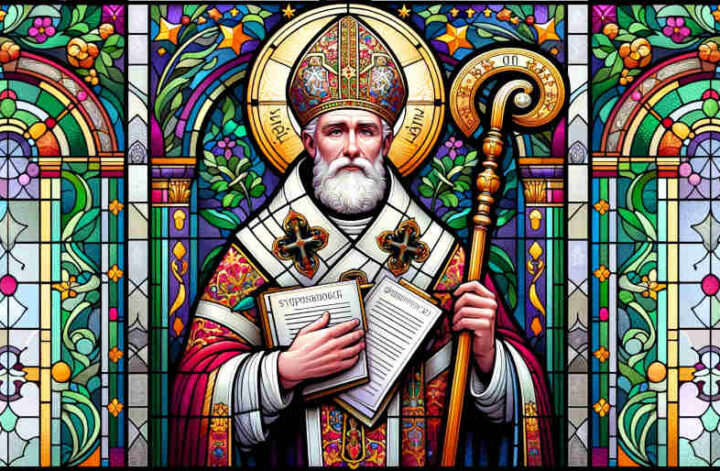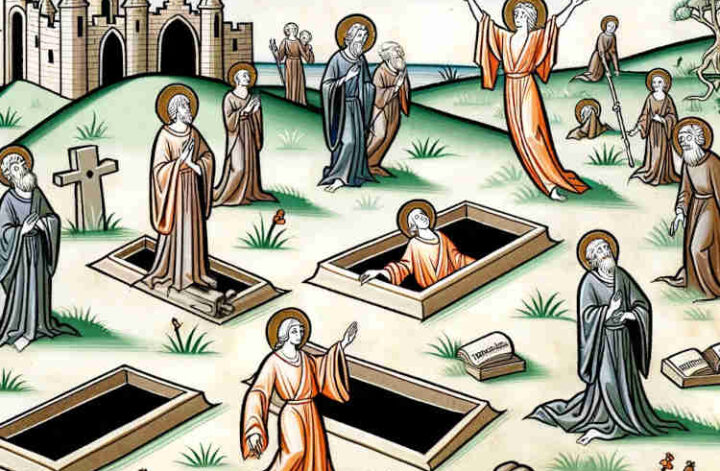Dear Theophilus,
In my quest to understand the interfaith dynamics, I find myself contemplating the Christian perspective on figures central to other religions. Specifically, what do Christians believe about Muhammad, the prophet of Islam? I am seeking to broaden my knowledge on this subject to foster a deeper interreligious dialogue and understanding.
Kind regards,
Julian
The Place of Muhammad in Christian Theology
Dear Julian,
Your question is indeed significant as it touches upon the essence of interfaith respect and understanding. In Christian theology, the figure of Muhammad is acknowledged as the founder of Islam and is respected as such. However, he is not accorded prophetic status within the Christian tradition, which holds to a different understanding of prophecy and revelation.
Historical Recognition without Theological Acceptance
Christians view the line of biblical prophets culminating in Jesus Christ, whom they believe to be the ultimate revelation of God, the Son of God, and the savior of humanity. Muhammad, who lived in the 7th century and claimed to be the seal of the prophets in Islam, is regarded by Christians as a historical figure and a significant religious leader who has had a profound impact on history and the development of Islamic faith. Yet, his teachings are not integrated into Christian doctrine.
Respectful Disagreement and Dialogue
There is a spectrum of Christian thought on Muhammad ranging from outright rejection of his prophethood to a more nuanced appreciation for his role in history and the spiritual legacy he left, which has shaped the beliefs of billions around the world. However, it is a fundamental tenet of Christian faith to remain committed to the doctrines established through Jesus Christ and the early Church, which do not include the teachings of Muhammad.
Despite these theological differences, many Christian theologians, including myself, advocate for respectful dialogue and mutual understanding between Christians and Muslims. It is through this dialogue that we can promote peace and understanding in a world that is rich with religious diversity.
Interfaith Engagement and Mutual Respect
In contemporary Christian practice, especially in the context of interfaith relations, Muhammad is often approached with respect as a figure deeply revered by our Muslim brothers and sisters. Understanding his life and teachings can be valuable for Christians seeking to engage in meaningful dialogue with the Muslim community.
Thus, while Christian doctrine does not ascribe to Muhammad the prophetic status recognized in Islam, there is a growing commitment among Christians to engage with Muslims in a spirit of respect, acknowledging our shared heritage as children of Abraham and our common aspirations for peace and justice.
May your efforts to understand the beliefs of others enrich your own faith and foster greater harmony among the diverse tapestry of world religions.
Faithfully,
Theophilus


